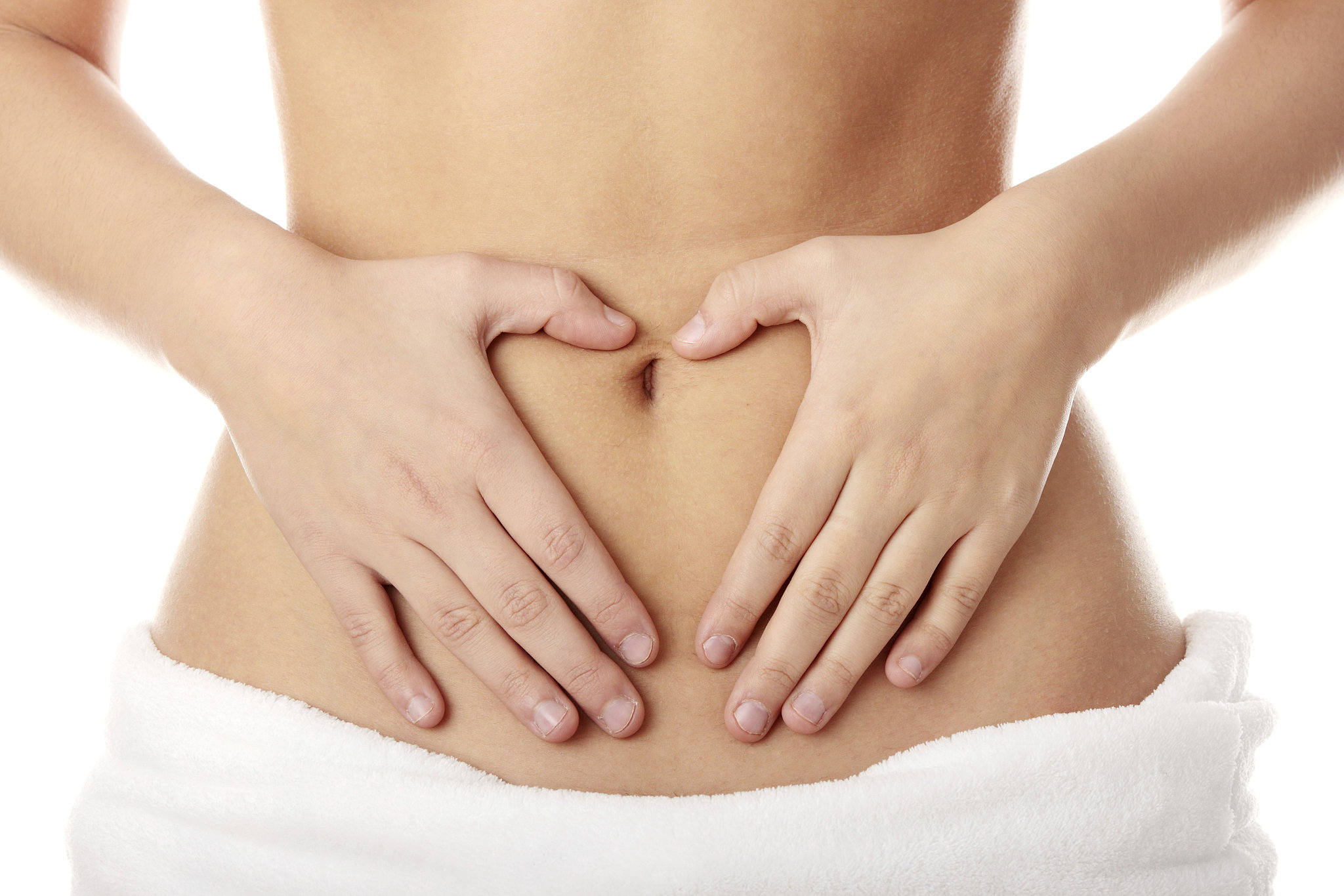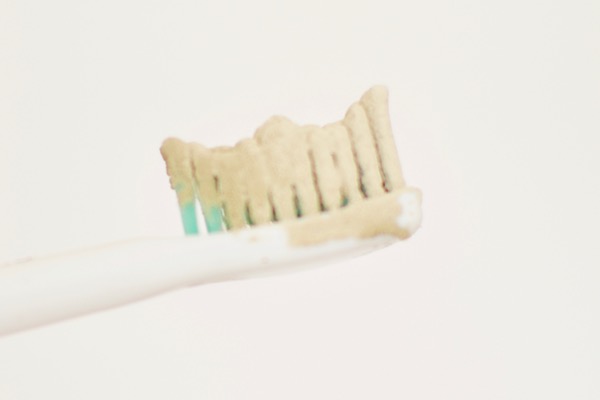Gas forming foods: the worst enemy of lovers and tight pants.
There are few things worse than bloating and gas. When your intestines fill with gas, your stomach swells up, you burp and fart a lot, and you suffer some pretty serious discomfort. The gas may be caused by some intestinal disorder, or it may simply be the result of eating the wrong foods. Here are a few gas forming foods you’d do well to avoid:
- Dairy products — If your body is unable to process lactose, you’ll find that eating dairy products will cause gas and bloating. Lactose is the sugar naturally found in milk, and when broken down by the bacteria in your intestines, gas is the byproduct. For the dairy intolerant, try non-dairy products!
- Beans –– The “magical fruit” is definitely one of the gas forming foods you’d do well to avoid if you want to beat the bloat! Beans contain raffinose, a complex sugar that your body has a hard time breaking down and digesting. When the bacteria in your intestines break it down, they produce methane, carbon dioxide, and hydrogen, leading to gas and bloating. If you HAVE to eat beans, soak them overnight first, or drop a potato into the water as you cook them.
- Vegetables –– Cabbage, broccoli, Brussels sprouts, cauliflower, and asparagus are all linked to excessive gas production in your intestines, and it’s thanks to the complex sugar raffinose in the veggies. Sadly, you can’t totally eliminate these foods from your diet, as they’re all vital for a healthy body. You’ll just have to limit your intake in order to reduce your gas problems.
- Fruit — It’s odd to think that fruit would lead to gas problems, but it’s true! Fruit contains sorbitol, a natural sugar alcohol found in peaches, prunes, pears, and apples. When sorbitol passes through your intestines, the bacteria has a hard time breaking it and the digestive fiber down–leading to gas production.
 READ MORE: Sex Super Foods: A Valentine’s Day Menu
READ MORE: Sex Super Foods: A Valentine’s Day Menu
- Gluten –– For those with gluten intolerance or sensitivity, eating gluten is guaranteed to produce gas. The fiber, starch, and raffinose in bread and other gluten products will release gases when broken down in your intestines, so it’s better to avoid gluten if you are sensitive.
- Soda –– Gas isn’t just produced by your intestines, but you may actually ingest gas! Soda and carbonated drinks contain small air bubbles (carbonation), and that air has to escape your intestinal tract somehow. It will either come up as a burp or pass out as a fart. Drinking carbonated beverages can increase the amount of gas in your intestines.
- Chewing gum –– It may sound odd that chewing gum can contribute to the production of gas in your intestines, but it’s true. Thanks to the sorbitol, xylitol, and other sugars, the bacteria in your intestines release a lot of gas as they try to break down the sugars. You also swallow a lot more air when chewing gum, and that air has to be released somehow–either in the form of a burp or fart.
- Hard candy –– If you’re worried about excessive gas, you should probably avoid hard candies. First of all, many candies use sorbitol as a sweetener, which gives your bacteria a hard time when trying to break down and process the sugars–releasing gas. Also, when you suck on the candy, you tend to swallow more air than normal. Once again, this can lead to a buildup of gas in your intestines, leading to an increased need to either fart or burp.








